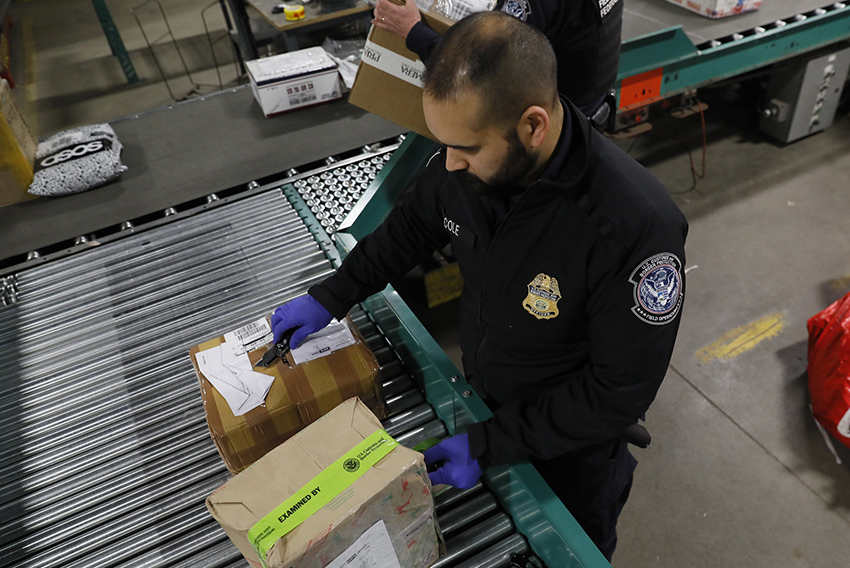Mexico’s national mail service, Correos de México, has temporarily suspended postal and package shipments to the United States starting Aug. 27, after the U.S. eliminated an import tax exemption for packages under US $800.
The elimination of the U.S. tax exemption, known as the “de minimis” exception, is applicable not only to Mexico but to all foreign countries — meaning U.S. consumers will face new charges for shopping on sites like Shein, Temu and possibly Amazon. Starting Aug. 29, the U.S. will charge taxes on all packages received from anywhere in the world, regardless of the value of the goods.

This means new procedures must be established for reporting, collecting and remitting customs duties. In the meantime, it’s unclear who will pay the tax, and how — leading Mexico and other countries to temporarily suspend delivery of packages to the U.S.
Mexico’s Ministry of Foreign affairs released a statement saying that the suspension is temporary “while the new operational processes are established,” aligning with similar suspensions in countries like Germany, France and Austria.
The “de minimis” exemption allowed billions of dollars of low-value goods into the U.S. without paying tariffs. In May, President Donald Trump eliminated the exemption for goods from China. According to Trump, the loophole had been used to “evade tariffs and funnel deadly synthetic opioids as well as other unsafe or below-market products that harm American workers and businesses into the United States.”
Packages entering the U.S. will face tariffs ranging from 10%-50% depending on the country of origin. A flat option of US $80-$200 per package will be available to some carriers for the next six months. The measure could be particularly complicated for packages from Mexico, since the U.S. has no across-the-board tariff rate for its southern neighbor. Instead, Mexican shipments face a patchwork of tariffs ranging from zero for USMCA-compliant goods up to 50% depending on the product.
How will the new policy affect Mexican businesses?
According to Mexican analyst Carlos Mota, Mexican businesses selling their products in the U.S. will face three main consequences:
Increased prices: Every Mexican package sent to the U.S. will be subject to taxes, regardless of its value, which will increase the cost of products and reduce profit margins.
Less supply and variety: Product availability will be reduced on platforms such as Amazon Mexico and Mercado Libre, which small business use to export products to the U.S.
Stricter controls: U.S. customs will strengthen surveillance to ensure the correct tariff classification of all types of goods, from clothing to pet toys. Many small businesses in Mexico could struggle to navigate the new expenses or complex customs procedures.
With reports from The New York Times and El Financiero
